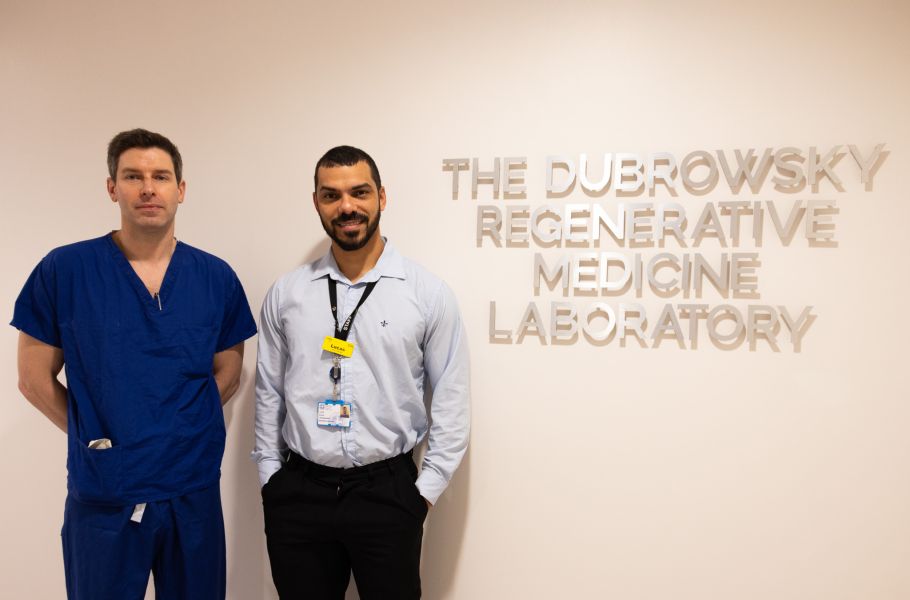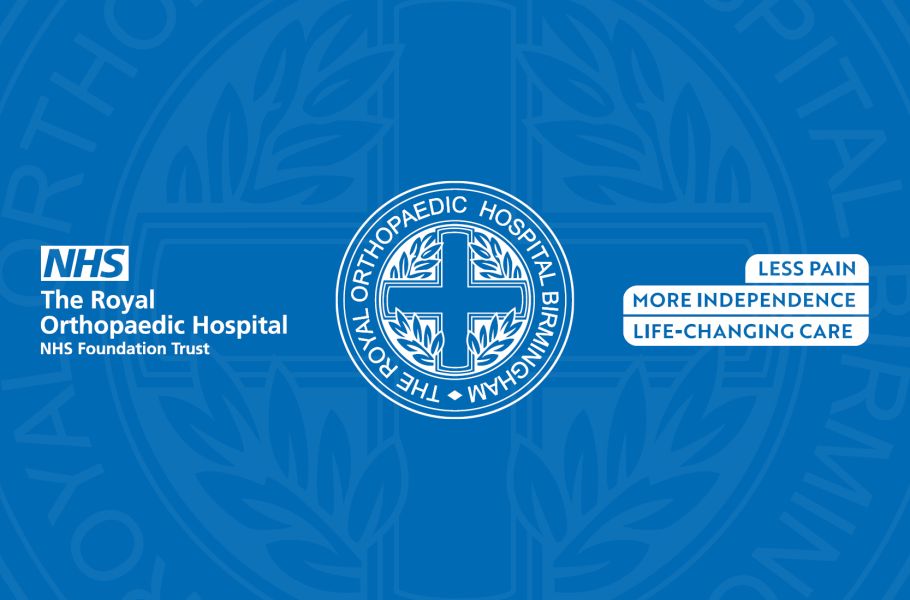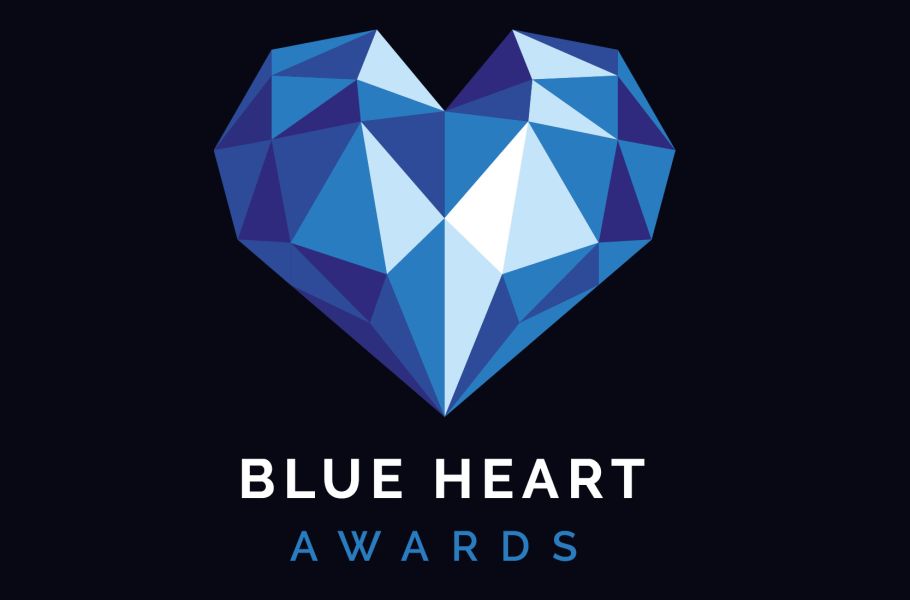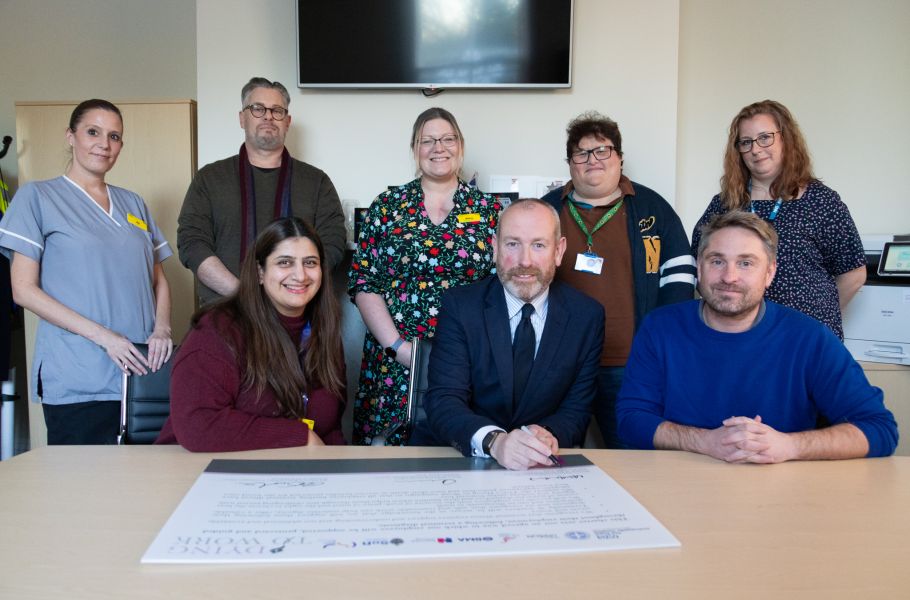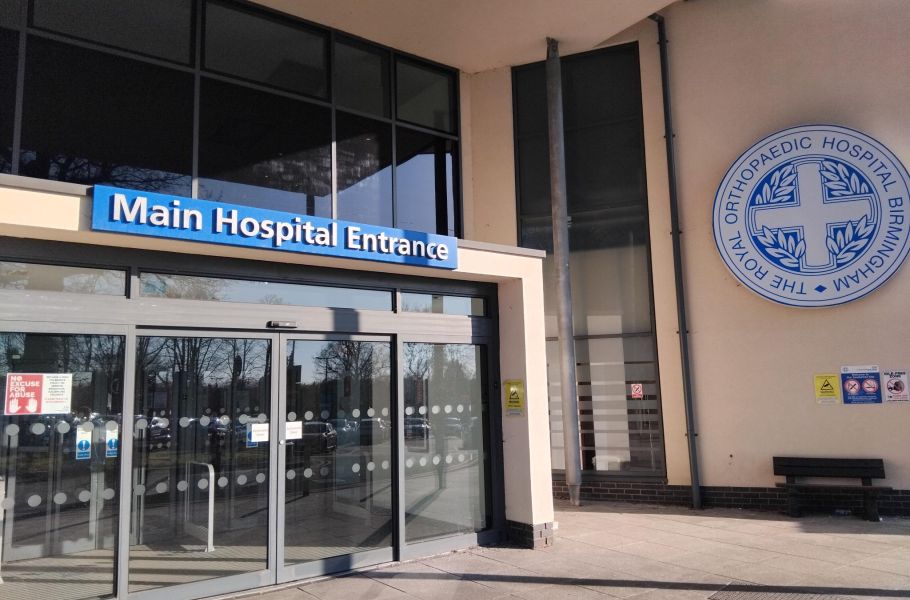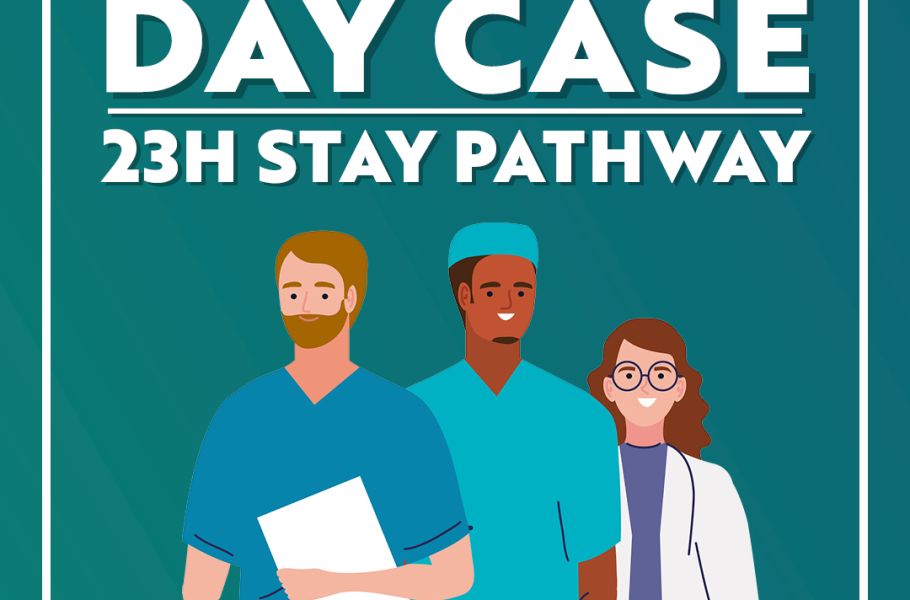ROH Staff Stories – Meet Jane
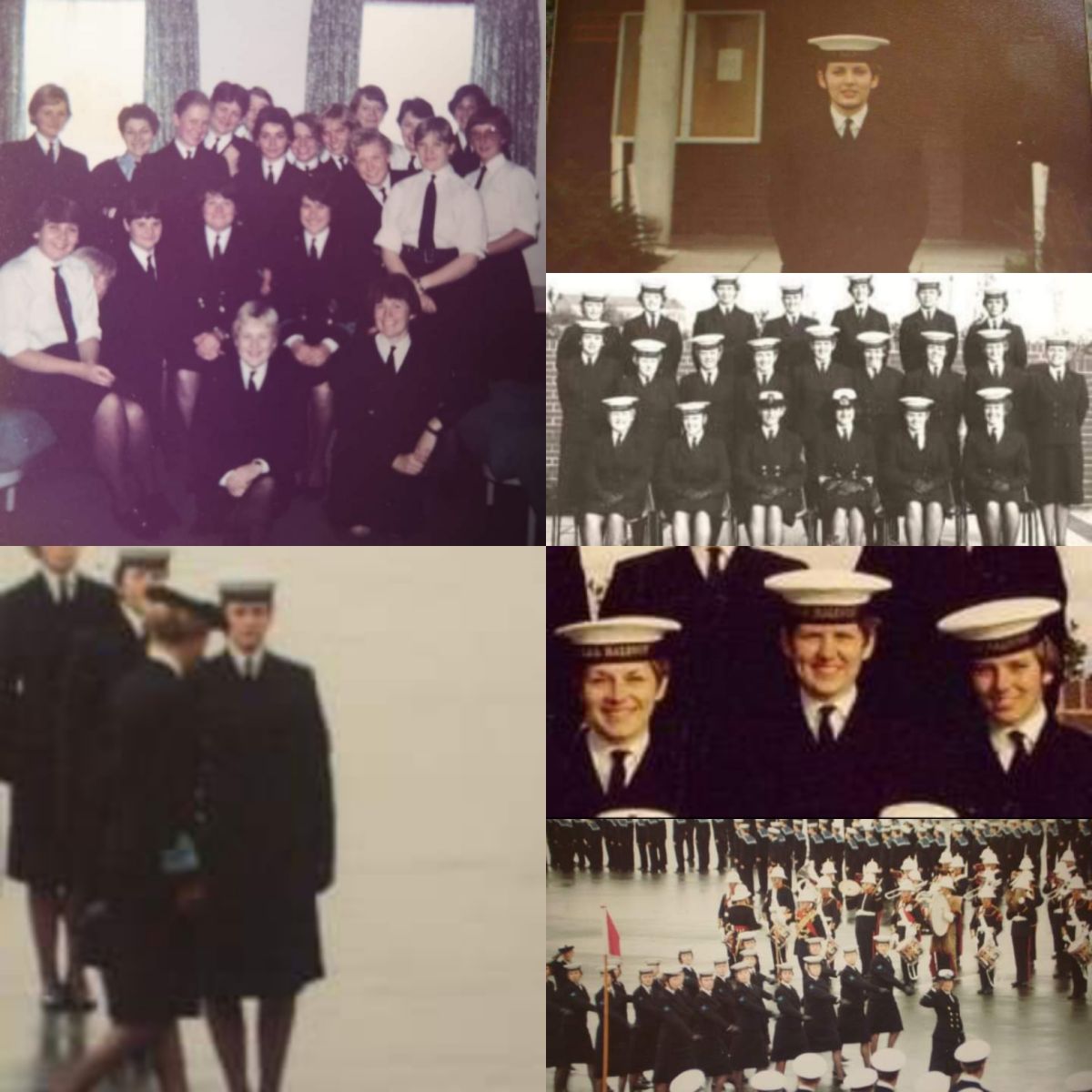
Jane is a proud Veteran of the Armed Forces, having served in the “Women’s Royal Naval Service”, known as the Wrens, which is now amalgamated into The Royal Navy. She shares her story with us:
What was your role within the WRNS/Royal Navy?
I was a Radio Operator within the WRNS (we were known as Wrens) and then was in place for when computer technology started to be introduced. I served for 6 years.
Why did you join?
It was what I always wanted to do. I was a nuisance at the Royal Navy Careers Office from about 16 years old! They explained it would be better if I joined the Wrens after my A Levels so that’s what I did. I joined a week before my 19th birthday.
Do you have any particularly memorable moments?
My role within the Wrens took me to some fascinating places, working with NATO on many occasions, working underground with Royal Marines guarding us in and out, being vetted by the Ministry of Defence because of the work I was undertaking, working within a building in Whitehall, supporting the Submarine service, living in Wrens Quarters, and the NAAFI (Navy, Army and Air Force Institutes).
When you left the Navy, what did you do next?
My 1st role after leaving the Wrens was working for West Midlands Passenger Travel Executive (as it was known then) as a Computer Operator in their Headquarters in Summer Lane.
When did you join the NHS/ROH?
I joined the ROH in October 1995 – not long after it became a Trust in April 1995. I was the Administrative Assistant to the Personnel Manager. We were the only 2 members of the Department at the time!
What additional experience did being in the Navy give you?
My experience in the Wrens was hugely useful. You had to learn to work with everyone as part of a Team every day. You usually had to move to a new “draft” every 18 months, therefore a brand-new set of people to get to know, work with and live with in Wrens Quarters. As a Radio Operator within the Wrens, I had to work shifts and your shift stayed the same on a rolling basis. So every time you went to work on days or nights, you worked with the same people. It was made up of many differing levels of staff – from the Officers in charge of the watch to the brand-new joiners. Both men and women worked closely together and banter/laughter were usually always present on most watches we undertook. I made many good friends and we’re still in touch to this day. In fact we have a reunion in September this year.
Did you experience any challenges moving into civilian life?
There are two sayings “I was born in Birmingham, but I was made by the Wrens” and Once a Wren, always a Wren”. When you’ve been in the Forces, any of them, you have a different mindset, a different sense of humour, a different expectation of people, a different work ethic….I could go on! It was difficult at first working with civilians because it was such a different kind of workforce. At times, it was hard to keep your mouth shut because you’re used to being able to air your own opinions with your work colleagues….not everyone appreciates that in the civilian world.
Is there anything you miss about your time in the Wrens?
The laughter, the togetherness, the friends I made, the ability to be with people all the time if you wanted to be – we worked, played and lived together in such a close-knit unit.

